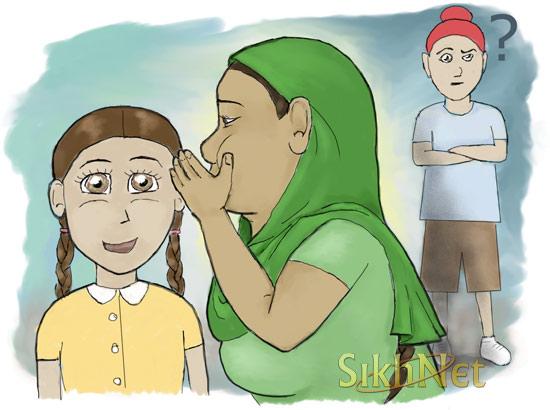Next Journalism [Search results for others]
Sikhnet's Sikh-Themed Audio Story Script Writing Competition

Job Opening: BICS Senior Language Editor/ Copywriter for Deloitte South Africa
The Future Nigeria Writers Workshop
The Cairo International Book Fair Opens January 29th

Six-Week WORDwarrior Writing Workshop (South Africa)
Call for Chapter Abstracts - WHIRLWINDS Anthology: Emerging Communities of Sexual Minorities in Africa
Call for Papers: Co-operative Development in Africa: Prospects and Challenges
4th KLIFF 2011 Essay Competition on Islamic Finance (worldwide)
Apply for the World Press Institute Fellowship in Journalism
The 9th Ghana International Book Fair
The 2011 Phati'tude African American Literary Festival at Queens Library
New Book: The 100 Best African American Poems
14th Time of the Writer: Full Programme Announced (South Africa)

Apply for the Sundance International Documentary Film Program (up to $20,000)
Ba Re e Nere Literary Festival Opens Today (Lesotho)
Youth and Participatory Governance in Africa – Call for Submissions
Reagan-Fascell Democracy Fellows Program
The £1,000 Random House - Harvill Secker Young Translators’ Prize 2011 (Arabic to English)

UN/ COSTI Refugees and Human Rights Youth Poetry Contest (Canada)
Call for Book Chapter Proposals: Afro-Asian Experiences in Language Learning

